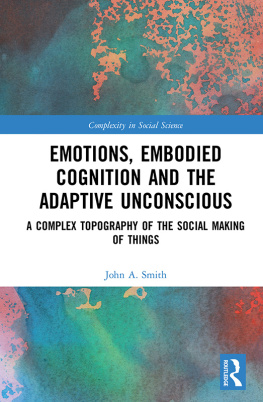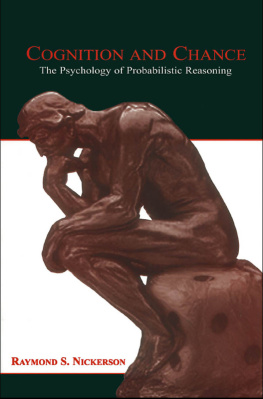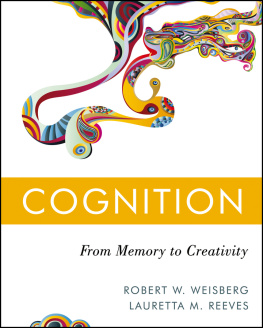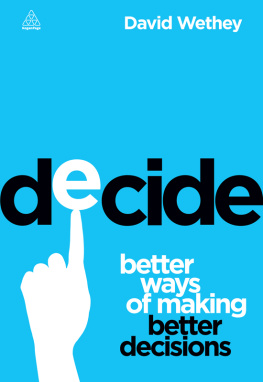Lawrence H. Williams - Thinking Through Dilemmas: Schemas, Frames, and Difficult Decisions
Here you can read online Lawrence H. Williams - Thinking Through Dilemmas: Schemas, Frames, and Difficult Decisions full text of the book (entire story) in english for free. Download pdf and epub, get meaning, cover and reviews about this ebook. year: 2020, publisher: Routledge, genre: Politics. Description of the work, (preface) as well as reviews are available. Best literature library LitArk.com created for fans of good reading and offers a wide selection of genres:
Romance novel
Science fiction
Adventure
Detective
Science
History
Home and family
Prose
Art
Politics
Computer
Non-fiction
Religion
Business
Children
Humor
Choose a favorite category and find really read worthwhile books. Enjoy immersion in the world of imagination, feel the emotions of the characters or learn something new for yourself, make an fascinating discovery.

- Book:Thinking Through Dilemmas: Schemas, Frames, and Difficult Decisions
- Author:
- Publisher:Routledge
- Genre:
- Year:2020
- Rating:4 / 5
- Favourites:Add to favourites
- Your mark:
Thinking Through Dilemmas: Schemas, Frames, and Difficult Decisions: summary, description and annotation
We offer to read an annotation, description, summary or preface (depends on what the author of the book "Thinking Through Dilemmas: Schemas, Frames, and Difficult Decisions" wrote himself). If you haven't found the necessary information about the book — write in the comments, we will try to find it.
Departing from the sociological dual process model that divides thoughts into automatic and unconscious, or deliberate and conscious occurrences, this book draws on empirical cases to demonstrate the existence of automatic deliberation. Through research into the ways in which people address difficult subjects, such as death and dying, pedophilia, and career decision-making, the author sheds light on a mode of thinking which is both habitual and effortful, displaying a combination of habituated understandings and conscious deliberation. Advancing a blended view of cognition by which individuals draw on schemas and frames to think through complex topics, this volume will appeal to sociologists and psychologists with interests in cognition and the ways in which we make decisions.
Lawrence H. Williams: author's other books
Who wrote Thinking Through Dilemmas: Schemas, Frames, and Difficult Decisions? Find out the surname, the name of the author of the book and a list of all author's works by series.





